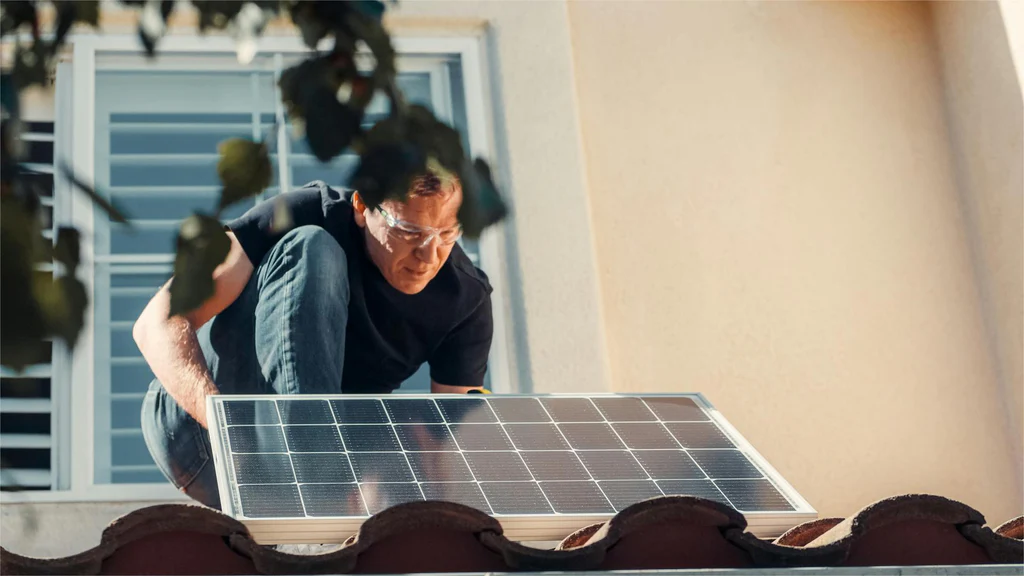When it comes to determining the right spot for a solar inverter: indoor or outdoor?, several factors come into play. Solar inverters are essential components of any photovoltaic system, converting the direct current (DC) generated by solar panels into alternating current (AC) for household use. The location of your inverter can significantly impact its performance, longevity, and maintenance needs. In this article, we will explore the advantages and disadvantages of both indoor and outdoor installations.

Advantages of Indoor Solar Inverter Installation
Choosing to install your solar inverter indoors offers several benefits:
- Protection from Weather Elements: Indoor installations shield the inverter from harsh weather conditions, such as rain, snow, and extreme temperatures, which can affect its efficiency and lifespan.
- Enhanced Security: An indoor inverter is less susceptible to theft and vandalism, providing peace of mind for homeowners.
- Noise Reduction: Solar inverters can produce noise during operation. Installing them indoors can minimize sound disturbances in your outdoor living spaces.
Disadvantages of Indoor Solar Inverter Installation
However, there are also some drawbacks to consider:
- Heat Accumulation: Indoor spaces can become hot, especially in summer. Excessive heat can lead to reduced inverter efficiency and potential overheating.
- Space Constraints: Not all homes have sufficient space for an inverter indoors, which can complicate installation.
Advantages of Outdoor Solar Inverter Installation
On the other hand, outdoor installations come with their own set of advantages:
- Optimal Cooling: Outdoor environments typically provide better ventilation, helping to keep the inverter cool and operating efficiently.
- Accessibility: An outdoor inverter is often easier to access for maintenance and monitoring, reducing the hassle of moving equipment indoors.
Disadvantages of Outdoor Solar Inverter Installation
Despite these benefits, outdoor installations also have their challenges:
- Exposure to Elements: Outdoor inverters are vulnerable to weather-related damage, which can lead to costly repairs or replacements.
- Security Risks: An outdoor inverter may be more susceptible to theft or vandalism, particularly in less secure areas.
Making the Decision: Indoor or Outdoor?
Ultimately, the decision regarding determining the right spot for a solar inverter: indoor or outdoor? depends on your specific circumstances. Consider factors such as your local climate, available space, and security concerns. If you are unsure, consulting with a professional installer can provide valuable insights tailored to your situation. For more detailed guidance, you can refer to this informative article.
In conclusion, both indoor and outdoor solar inverter installations have their pros and cons. By carefully evaluating your needs and the conditions of your installation site, you can make an informed decision that maximizes the efficiency and longevity of your solar energy system.








